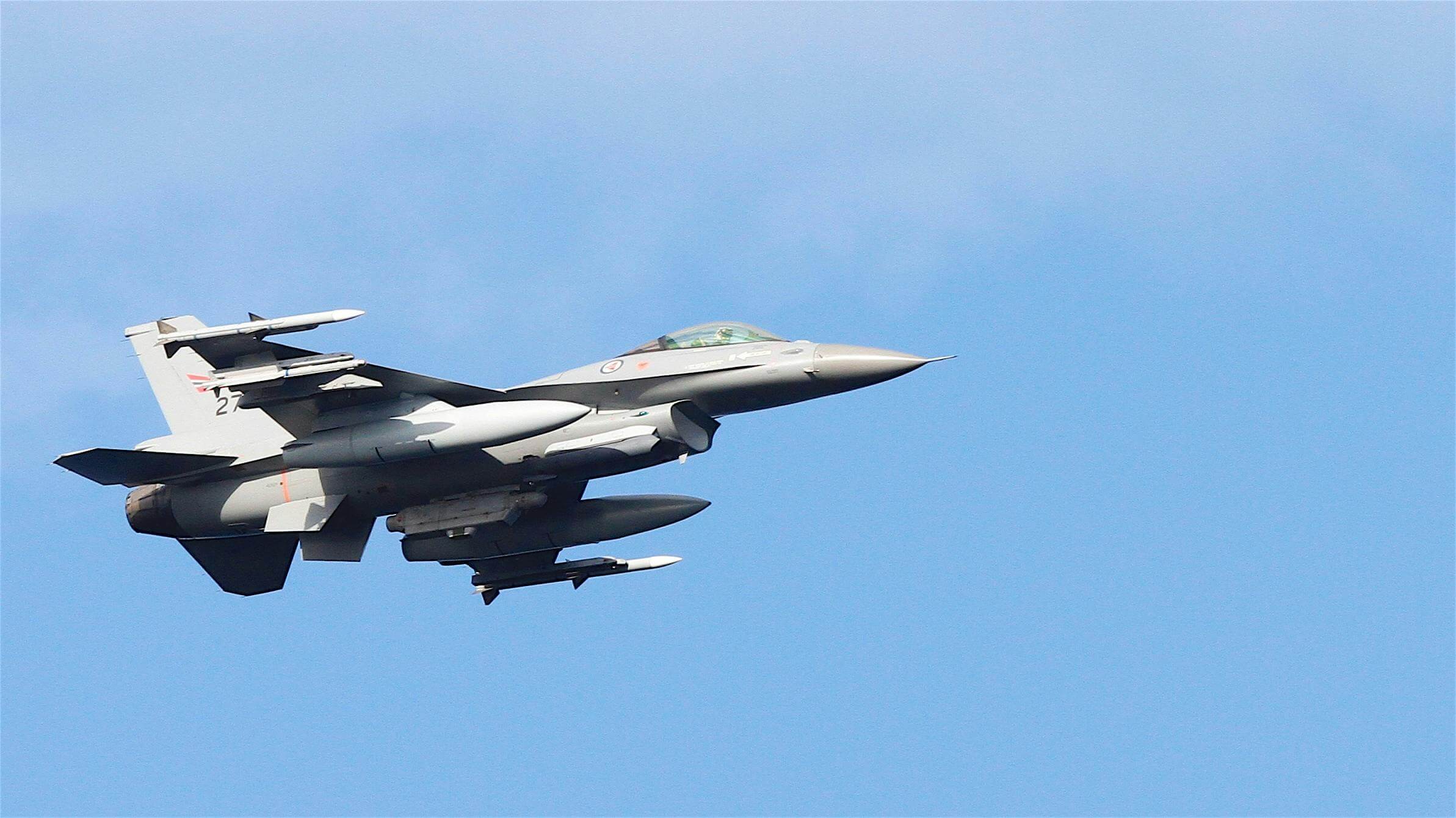Experts warn of dangers of buying Chinese military equipment
China is intensifying its efforts to expand its influence in Latin America by focusing on the sale of military equipment to countries with which it shares economic and political alignment, according to the magazine Diálogo Américas.
This approach has been criticized by various analysts, who highlight the low quality and recurring technical issues of Chinese military equipment.
In the first quarter of 2024, the National Armed Forces of Venezuela received an anti-drone system from China. This system is designed to detect and neutralize drones by interfering with their transmission and control frequencies, according to the Argentine portal Pucará Defensa.
“China has increased its involvement in military training and arms trade in Latin America over the past few years, focusing on countries like Venezuela, Cuba, and Bolivia,” Fabián Calle, professor of International Relations at Austral University in Argentina stated in an interview with Diálogo Américas. “This development has significant geopolitical and security implications for the region.”
China has attempted to attract countries in the region through loans, low prices, and promises of a transferral of technology. However, many of these agreements have proven to be incomplete, according to the defense news site Infodefensa.
“China’s entry into the military market of the region began with non-lethal aid such as uniforms and medical equipment, and training in Chinese military academies,” Calle detailed. “Later, they expanded their offer to include aircraft, ships, and troop transports.”
Evan Ellis, a researcher at the Institute of Strategic Studies of the U.S. Army War College, highlighted the problems that Latin American countries have faced with Chinese armaments. “In 2022, at least four K-8W jets purchased by Venezuela from China crashed due to defects and errors in the technical manuals. In Bolivia, two of the six K-8Ws also crashed,” he noted in a report.
Beyond armaments, China is also expanding its influence in the aerospace sector. On March 19, a Chinese delegation signed space cooperation agreements with Nicaragua, according to the government of Daniel Ortega.
Similarly, in September 2023, Venezuela and China signed a memorandum of understanding to cooperate in the processing and analysis of satellite images, reported the Venezuelan Ministry of Foreign Affairs.
Despite China’s attempts to sell its military equipment, Latin American countries have opted for other alternatives in the market. In April, Argentina decided to purchase 24 F-16 aircraft from Denmark for US$300 million, preferring them over the Chinese JF-17s, which have structural and engine problems, according to Diálogo Américas.
“China offers armaments at attractive prices, but there are serious doubts about their quality and reliability, as well as faults in the necessary logistical chain for their maintenance,” warned Calle. The lack of technological compatibility and the difficulty in obtaining spare parts are common problems with Chinese equipment.
“Latin American governments should be cautious when accepting these products, as they often prove inadequate for the needs of their armed forces, leading to costly investments in equipment with no effective use,” warned Calle.
Main source:

